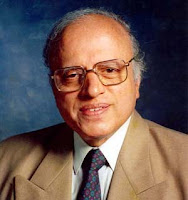

The questions in the book are designed to reflect the style of the questions that are asked in various universities. Extra sections in each chapter further clarify the problem solving techniques explained in it.

End of chapter sections like Self-Practice Problems with Hints and Answers, and Conceptual Questions, aid in conducting a review of the topics covered in that section. The Concept Quizzes in each chapter reinforces the principles and applications of the operations research techniques discussed in the chapter. These help the students understand what will be covered in that chapter and helps them stay focused. All chapters start with sections providing a Preview and outlining the Learning Objectives. It provides a comprehensive coverage of model formulation methods, solution procedures and analysis of results. The book helps students clearly understand the processes involved in problem solving. In this fifth edition of the book, most of the chapters have been revised or reorganized to make the text even more useful and comprehensible to students. Most of the chapters also have Management Cases to help students understand how the concepts are applied in real business situations. They are further clarified through the use of many illustrative examples.

The book provides clear and concise concept explanations. It discusses concepts like Linear, Non-Linear, and Goal Programming, Decision Theory, Markov Chains, Information Theory, Theory of Games, and Classical Optimization Methods. Operations Research: Theory And Applications covers the various techniques and principles used in operations research. This method uses techniques like statistical analysis and mathematical modeling to find the optimal solution to a problem or a situation. Operations Research is the application of mathematical principles in decision making.


 0 kommentar(er)
0 kommentar(er)
